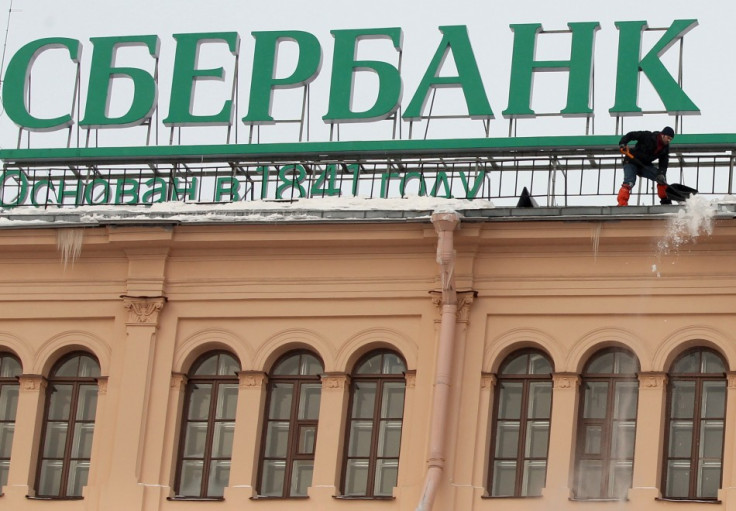Ukraine Crisis: EU Considers Crippling Financial Sanctions on Russia's Banking Sector

European Commission officials will meet in Brussels on 24 July to discuss financial sanctions which could cripple the Russian economy.
Both the Financial Times and the Greek daily To Vima cited an official document that proposes a European-wide ban on the purchase of debt or shares issued by the largest banks in Russia.
If put into practice, it would mark the most drastic measures taken against Russia since the crisis over Ukraine begun late last year.
It's understood that the document doesn't propose an immediate ban on sovereign debt, but would restrict the Kremlin's capital-raising ability by proxy, since it would target the majority state-owned banks which dominate Russia's banking sector.
Those that are majority state-owned include Sberbank, Gazprombank, VTB and the Bank of Moscow.
Effectively, Russia's banking giants, which have become more prominent on the EU capital markets in recent years, would be banned from raising finance on the stock exchanges and debt capital markets of Europe.
Sberbank in particular has made moves over the past 12 months to increase its European presence.
In September 2013, the 51%-publically owned lender opened a Swiss subsidiary in order to capitalise on a lack of commodity trade finance lending in the market.
At the time, the bank's global head of trade finance Andrey Ivanov didn't rule out "co-mingling with international or pan-European expansion where we also hope to serve independent traders and non-Russian trade flows".
The bank may find its future plans inhibited to a huge degree should this ruling come into effect.
The document reads: "Restricting access to capital markets for Russian state-owned financial institutions would increase their cost of raising funds and constrain their ability to finance the Russian economy, unless the Russian public authorities provide them with substitute financing."
It also proposes banning Russia from importing certain technologies, which could have a huge impact on its dominant energy and mineral industries, as it has done in Iran.
EU-wide measures require the unanimous backing of all 28 member states. Many European countries, however, are heavily dependent on Russia for the import of energy products and the export of goods and, therefore, will be less inclined to vote such sweeping reforms into legislation.
Prior to the shooting down of Malaysian Airlines flight MH17 it is thought that wider sanctions were under discussion, in response to Russia's ongoing involvement in the Ukraine crisis.
But the rhetoric on the EU end has stepped up considerably this week, with German politicians questioning the viability of hosting the 2018 World Cup in Russia and multilateral European lenders the European Investment Bank and European Bank for Reconstruction and Development debating whether to retrench from their considerable operations in Russia.
EU foreign ministers met on Tuesday to discuss further sanctions, with the Dutch minister Frans Timmerman suggesting that sanctions would be extended on officials deemed responsible for Russia's actions in Ukraine.
The US has already ramped up its own sanctions regime and is thought to have requested the EU to do the same. Washington has placed embargoes against Rosneft, Russia's state-owned oil giant, Novatek, its second-largest gas producer and Gazprombank, its third largest financial institution.
© Copyright IBTimes 2024. All rights reserved.









